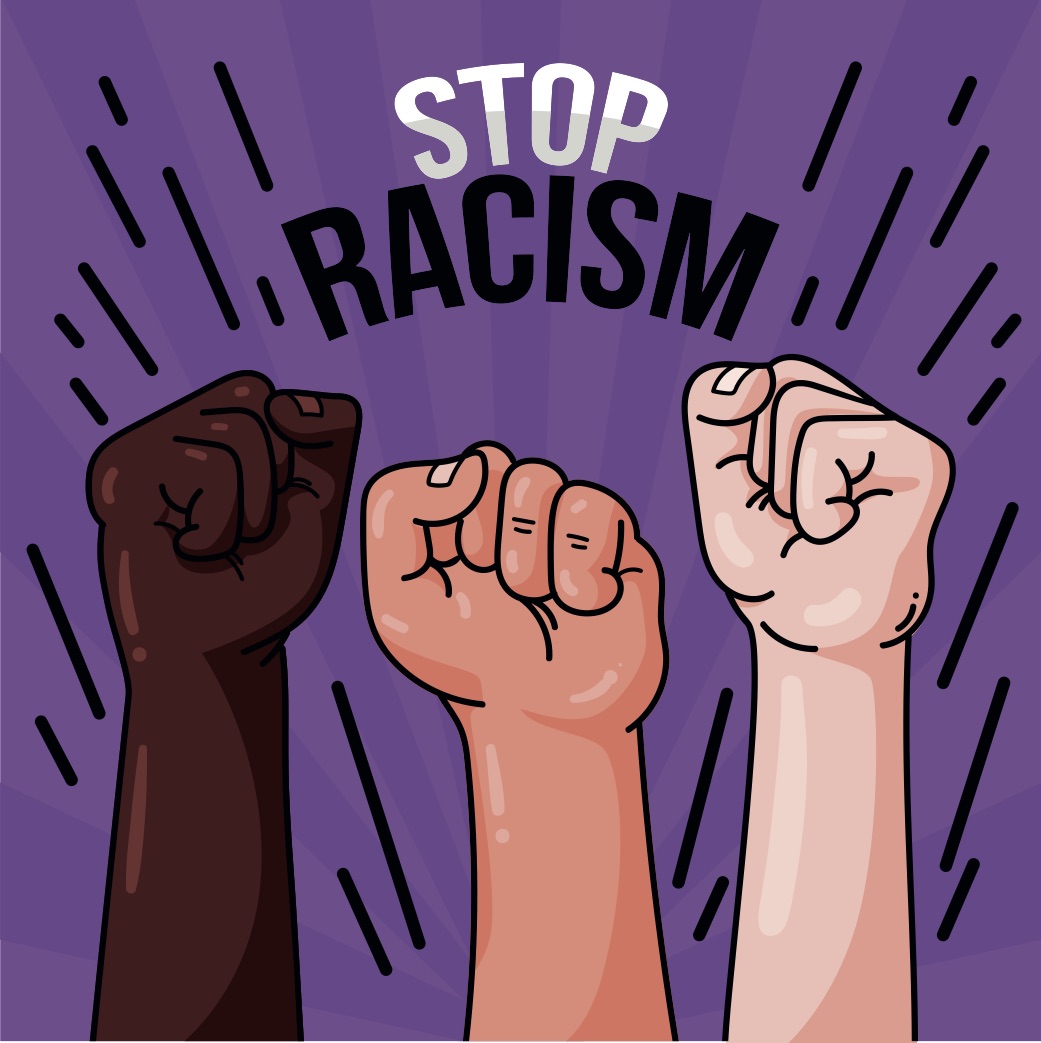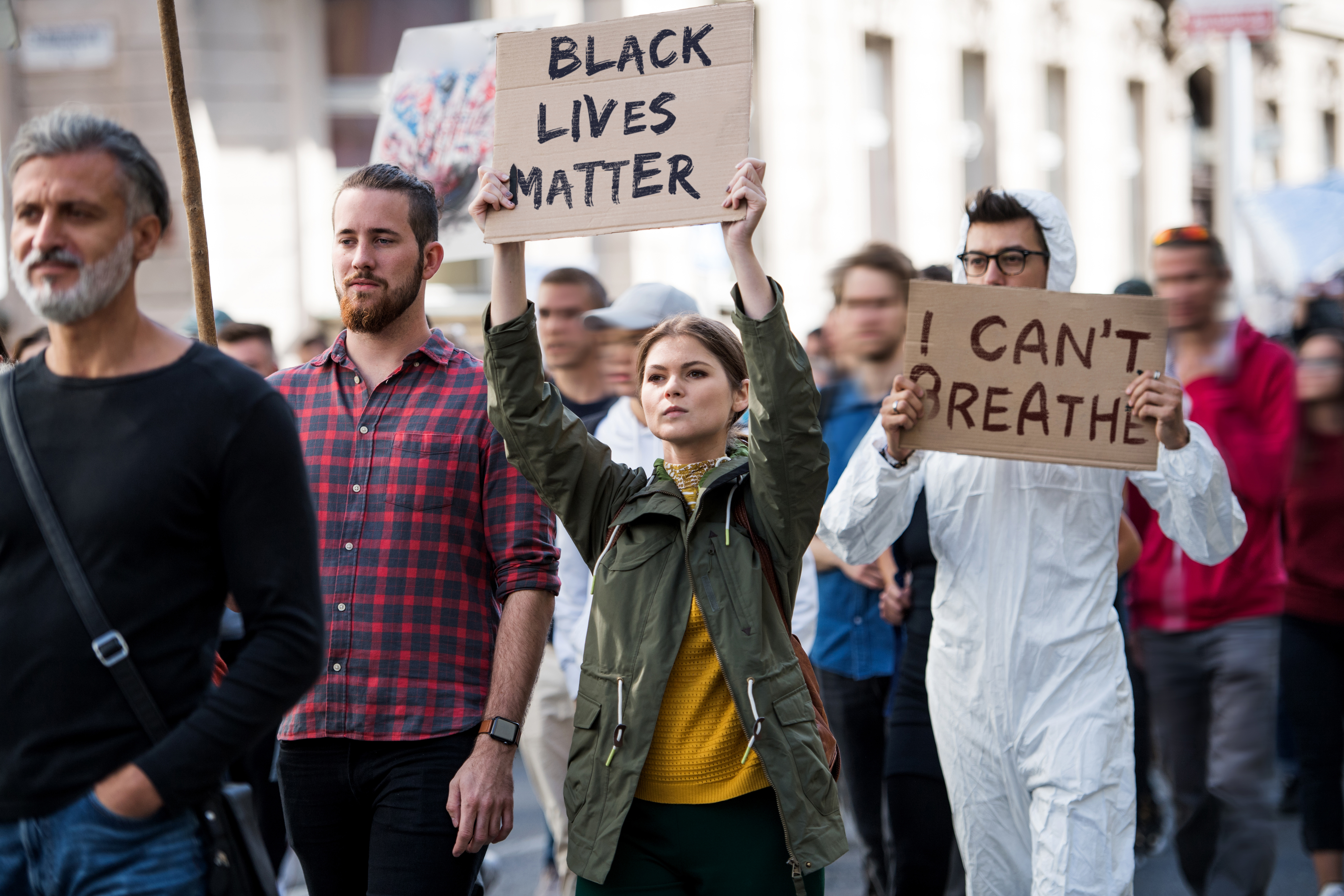
Over the past two weeks, I have been sharing stories on LinkedIn each day about my experiences of racism (search #1adayracism). I did so for two reasons; firstly, I couldn’t talk about people using their platform to help bring change as part of the reaction to the killing of George Floyd and not do so myself. Secondly, to try to educate those who are privileged enough not to have experienced racism.
Not every story was easy to post, posing questions in my mind; Will this offend my connections? Am a destroying my future? Is this going to make a difference? The answer to those and some of the other questions I asked myself is that I do not know. However, I did learn some lessons from the exercise. Before I share the lessons, I should start with a “thank you” to all those that read, commented, re-posted my posts, and also for those heartwarming private messages. Without that engagement, I may have given up. It is not easy to have to look back at your entire life and unlock memories that you tuck away. But those messages and comments made me realize that I am helping people to think about how they can be an anti-racist.
Reflection has been cathartic, so here are 5 lessons I learned from sharing my experiences of racism.
1. Privileged and Lucky
I am privileged. I am still around to share these experiences and I have a platform to do so. I have not had the physical harm or scars I know so many others have suffered. I am lucky that I could run quicker than those chasing me or that I was stood where I was stood when a bottle was thrown at me.
2. Too easy
Initially, I was going to only post for 7 days. I then thought that I could try to do it for 2 weeks, though maybe I would struggle. Turns out, when I sat down to think about my experiences of racism, it was all too easy to recall so many instances. I could fill books.
I spoke with my Dad about these posts on Day 12. He started by apologizing for not protecting me. He said he did not know that I had all these experiences. I told him he had nothing to apologize for as there was nothing that he could have done. He was also shocked by how many stories I had. When I said to him, he probably had so many more than me, he said he didn’t think so. Then he started thinking, as my mum was shouting out in the background instances that she recalled. I think this was a shock to him to open the box where these memories get filed away.
There are so many stories I can tell you about being looked at in a way that makes you feel like you are a lesser being because you are the “wrong shade of white”. But unless you have experienced it, your reaction will be “it is just a look” or even defensive. But ask a woman if she knows a menacing look from a man, and most will tell you they know.
3. Silence is deafening
I had not really shared these stories before. From a young age, I accepted the experiences as part and parcel of the world. I took it for granted that I would experience racism, so no need to go on about it. Re-read that sentence. I helped normalize it. It was easy to do as it wasn’t really physical.
4. Try hard
I was a try-hard. By that I mean I would rather fit in than bring up the uncomfortable conversation of racism and risk being thought of as someone who may play the “race card”. I didn’t want to make my non-minority friends or colleagues feel uncomfortable or judge me.
I am disappointed in myself for not standing up earlier. One incident which my wife heard about at a Christmas party she attended with me was about a former colleague. This colleague was (rightly) offended by a “joke” and so made a complaint to HR. Nothing came of it and that colleague had since left, but the other colleagues telling the story laughed about the incident. My wife was disappointed in me, as I also swept it away as a nothing incident. Shame on me.
For most of my adult life, when I went to the barbers and the barber asked what I wanted, I would tell them the style of cut, and end with “I don’t want to look like I am fresh off the boat”. I wanted to fit in. I used to have a manager who would say “Kevin, you are brown on the outside but white on the inside”.
As a kid, my Dad would always say to me “stop worrying about what other people are thinking about you and just do the right thing”. No time like the present to heed the good advice of a parent.
5. Mental Impact
What has surprised me is the detail I was able to recall these incidents. When they happened, I did not talk about them. Who wants to hear it? Particularly when most of your friends are not minorities or have never really experienced racism. So you bury them away, almost forgetting they ever happened, but it weighs down on you. It builds up my biases. When I go for runs in the early mornings, I always wear bright colors – I want it to be clear I am a runner and not a burglar. I try to run past police stations in the US as I don’t feel comfortable. These reactions are the mental impact of my experiences. Thinking about these experiences over the last two weeks has made me realize that they affected me more deeply than I had thought. It is not that I bought into the feeling that I am a lesser person because of my color. I tried to think of racism as someone else’s problem, not mine because it wasn’t physical for me. What I suffered was just casual or mild racism. It is nothing serious. I am getting on with my life. I’m doing ok. But clearly, the mental impact has meant I make different decisions or choose options, which, if you’ve never experienced racism, you wouldn’t even have to think about.

I do not know why the murder of George Floyd triggered something deep inside me to start openly and actively speaking out. I guess it has for so many people protesting here in the US and in other countries around the world.
I know now that I will no longer be part of the silent brigade. With a daughter turning 10, and a 3-year-old son, I don’t have time to waste in trying to make the world that little bit kinder and better for them. It won’t be long before both are out in the world on their own. I know we will not see big changes in society for many generations. But it is the generations co-existing today that must stand-up and take action. Protesting is one thing. But the real hard work starts when each of us looks in the mirror and says “I will be anti-racist”. You don’t need a minority in the room to get the conversation started. If the same people in your society feel they are empowered to feel superior and re-enforce that sense of superiority, then you too, are empowered to actually say something.
I set out on this short journey with the hope to inspire just one or two to look at themselves and ask what they can do. I knew I would have to take some pain in order to get the conversation started with people in my circle of influence. Consider the conversation started.

